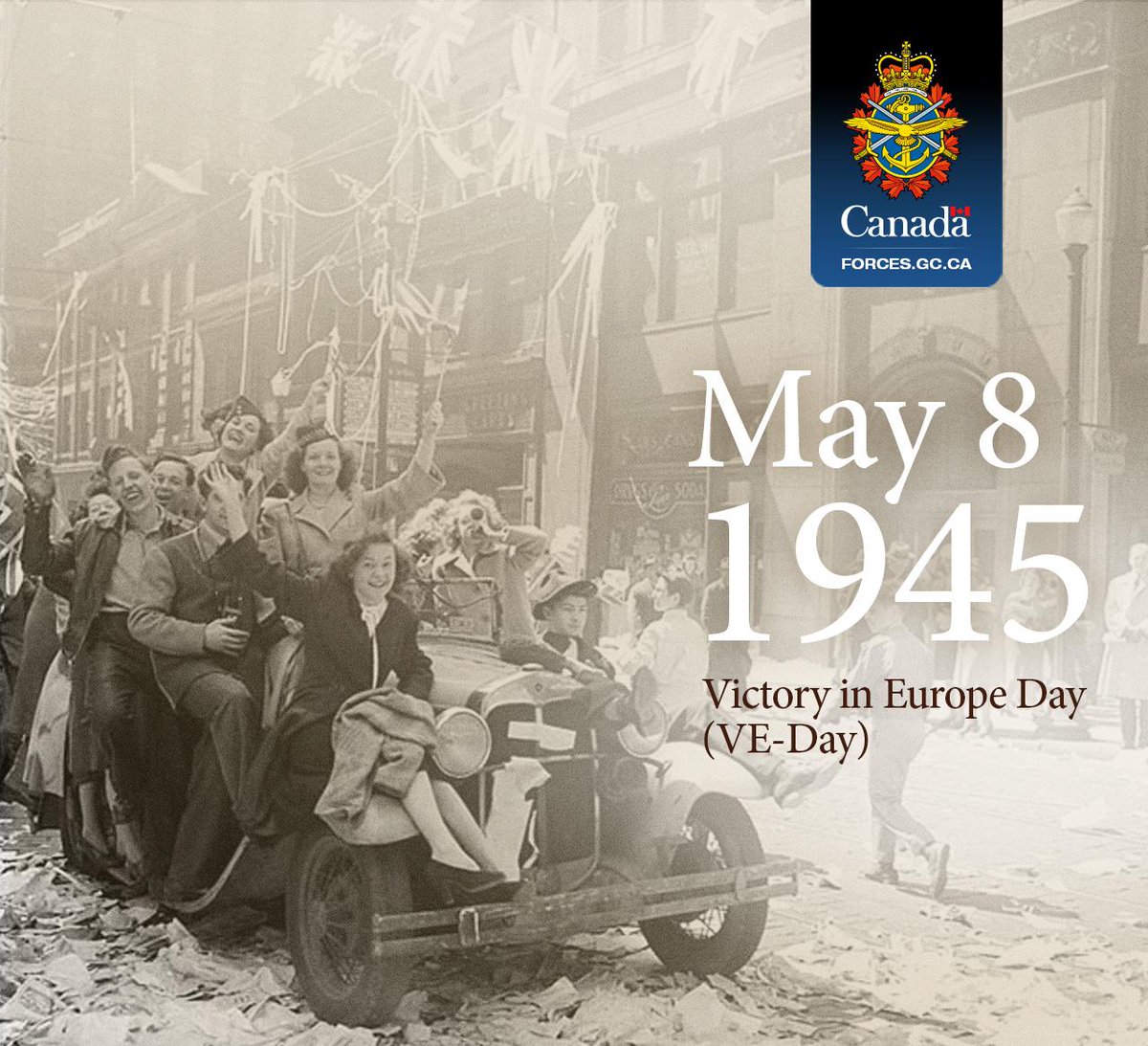As we come to the end of this week we reflect on something else that came to an end at this time 75 years ago; namely, the Second World War – 6 years of conflict that engulfed the globe in the deadliest and most destructive war humanity has ever endured.
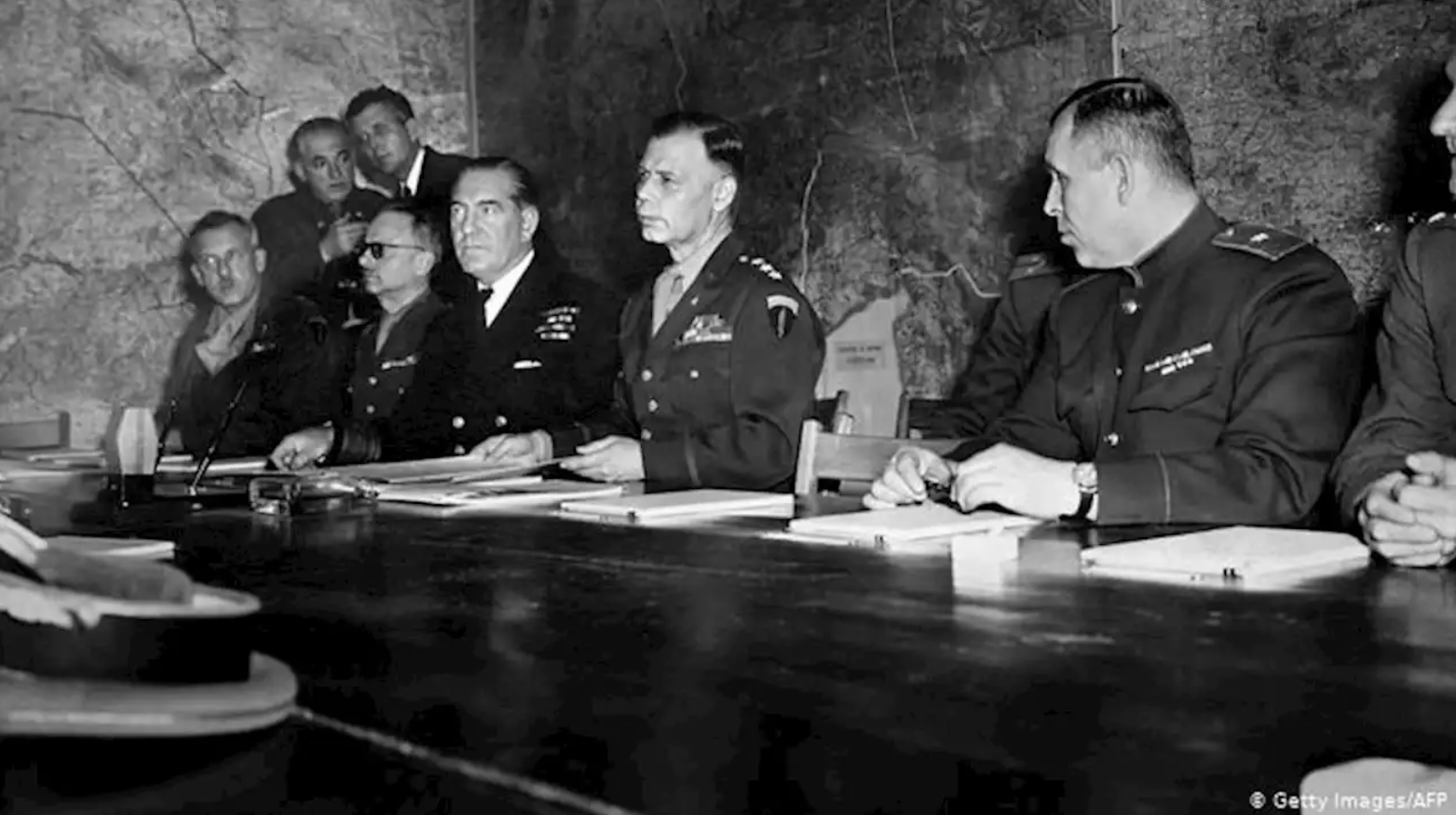
More than 100 million people from over 30 countries were directly in the war effort, which sucked up the entire economic, industrial, and scientific capabilities of all the leading powers. This state of “total war” erased the traditional boundaries between civilian non-combatants and military forces engaged in battle. As a result, the total casualties of the war, estimated at between 75 and 80 million, included many millions of civilians. The war also saw unprecedented levels of savagery, through massacres, genocides (including the Holocaust), mass bombing, deliberate starvation and disease.
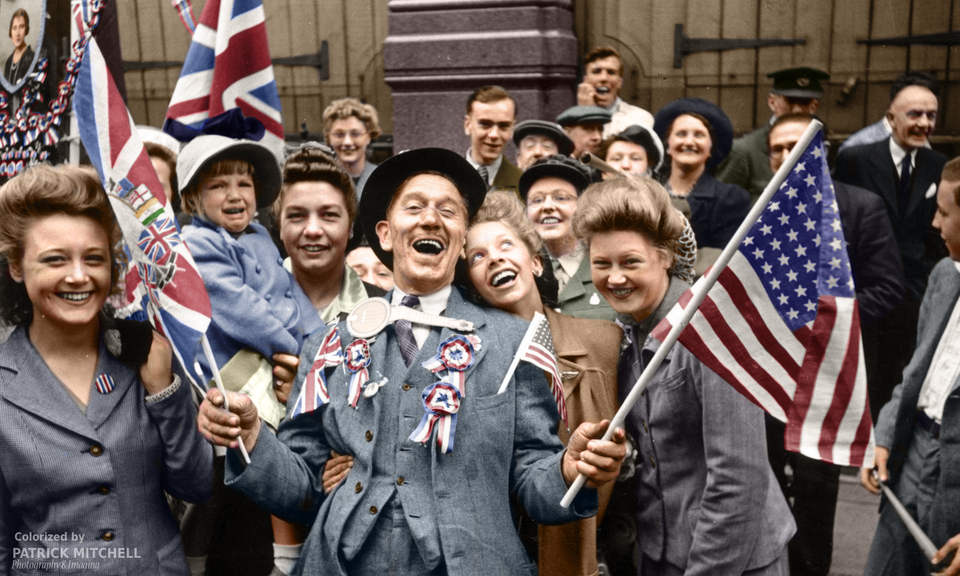
Although WWII did not include the widespread use of chemical weapons that had been a horrible feature of WWI, many countries had stockpiles of them ready for use if called upon. Biological weapons such as Anthrax were also prepared that would have left a terrible legacy of uninhabitable wastelands had they been used. WWII also saw the race to develop an atomic bomb, and the first (and so far, only) use of nuclear weapons.
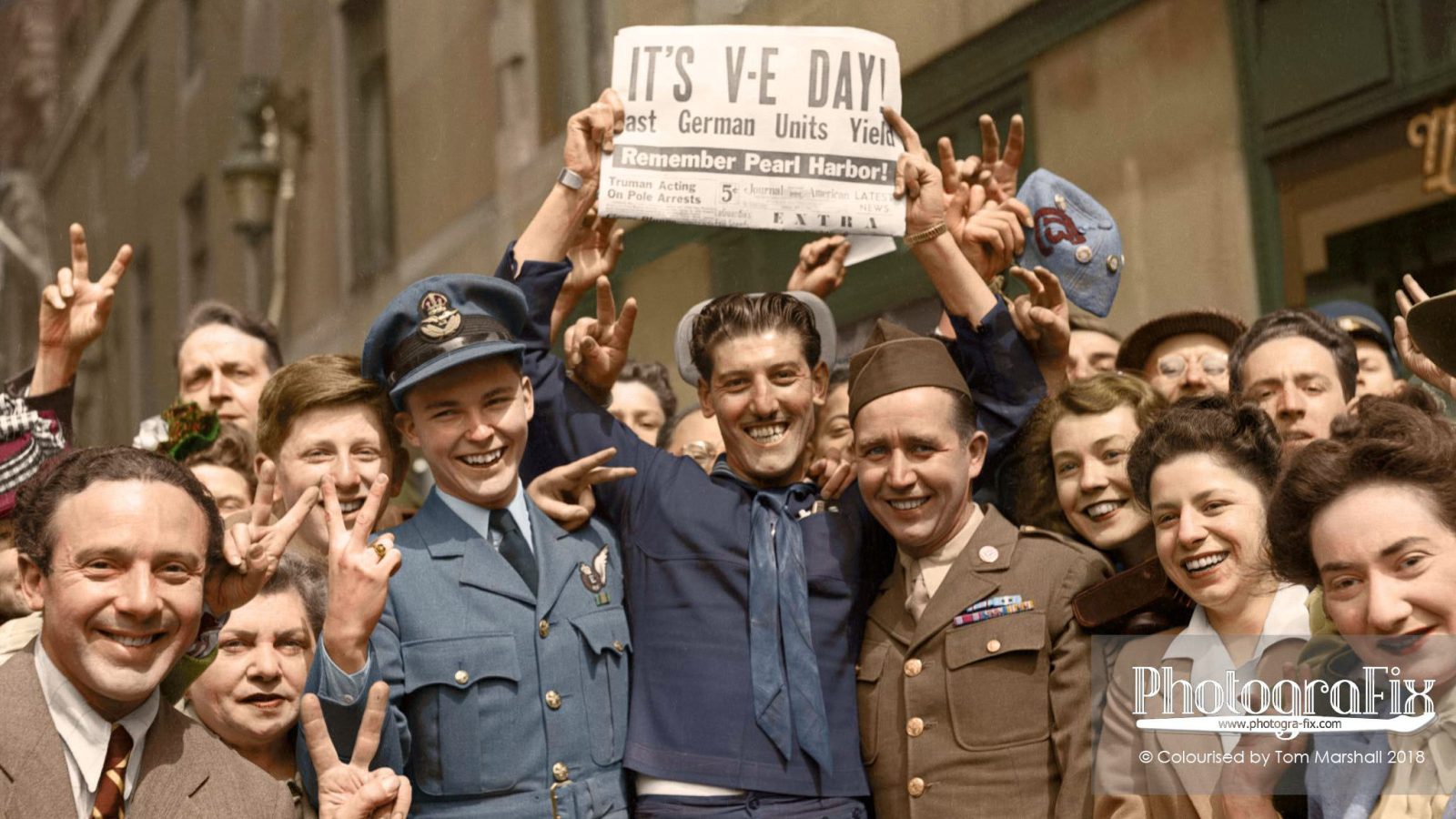
In many ways in fact, WWII could be considered the first “Scientific War”. Scientists in all leading nations were enlisted – freely or otherwise – in support of the way effort, with the mandate to develop advances in technologies that would provide a battle-winning edge to whoever possessed them. Science enabled the discoveries and breakthroughs that pushed chemical, biological and atomic weapons to reach horrific levels of effectiveness – and introducing the new term of “weapons of mass destruction” into the world lexicon. Science also delivered dramatic advances in radar, long range radio, guided missiles, jet and rocket propulsion, infrared night vision devices, gyroscopic guidance systems, submarine propulsion – and even food processing and preserving – that in many ways created the world that we live in today.
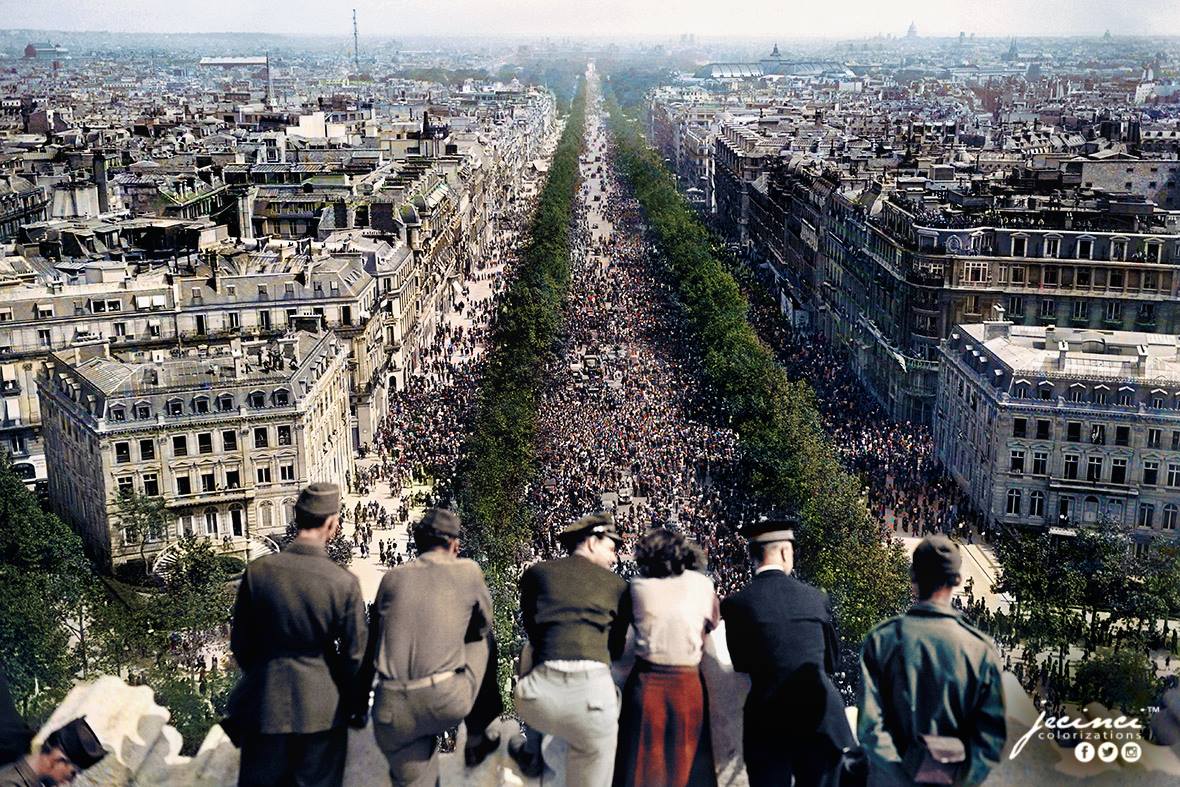
World War II also changed the entire political alignment and social structure of the globe. The United Nations (UN) was established to foster better international co-operation and prevent WWIII. The Soviet Union and the United States emerged as rival superpowers, leading to the division of Europe and a nearly half-century-long Cold War. The widespread devastation of Europe also weakened the Colonial powers to the point of triggering the decolonisation of Africa and Asia – setting off numerous bloody wars of independence and civil wars.
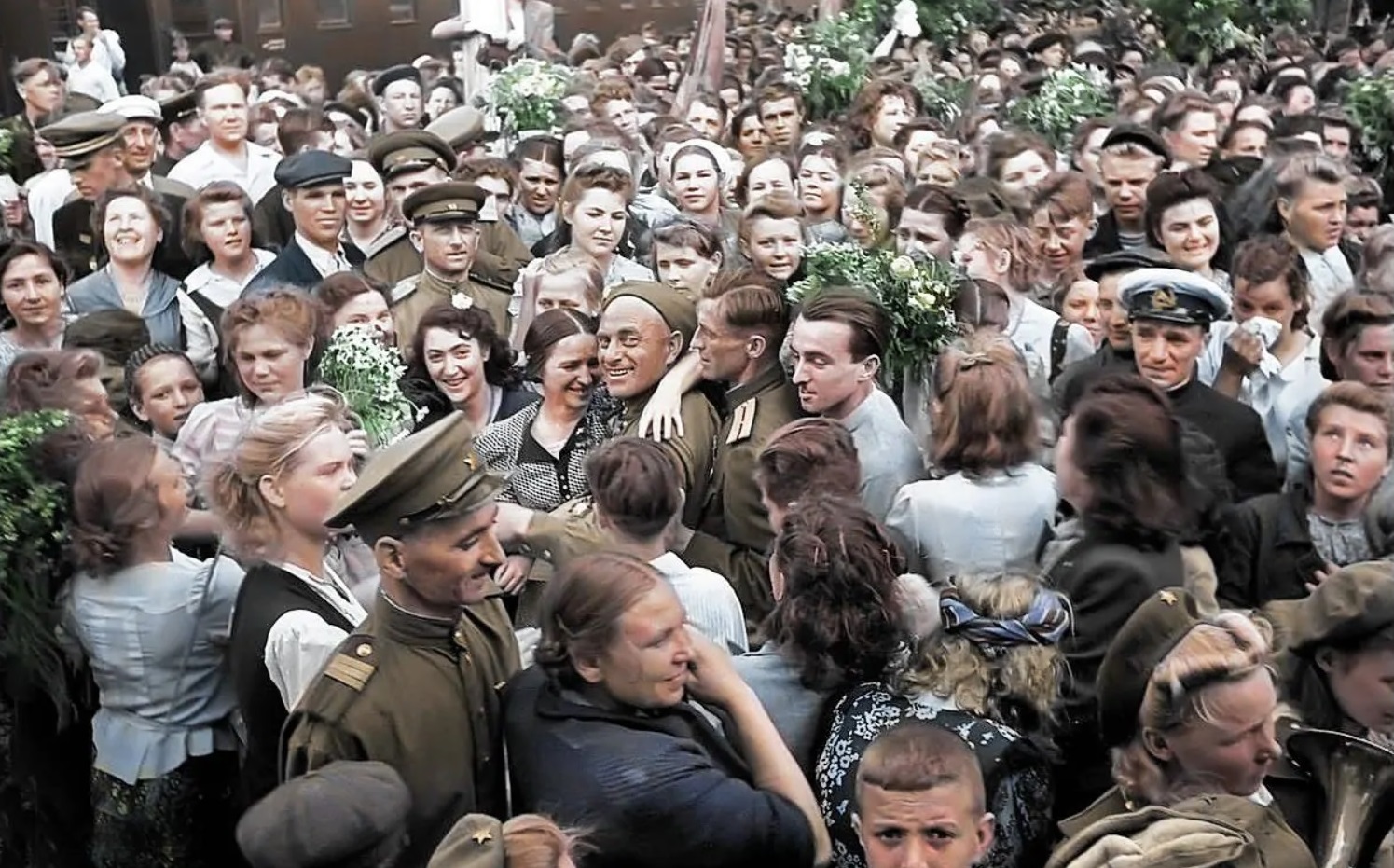
By any measure, WWII was cataclysmic and world-altering. It is absolutely mind-blowing and mind-numbing to contemplate the scale and cost of the war – and incredibly amazing and humbling to consider what the people who lived through it must have had to deal with – especially the military veterans. There are a steadily declining number of WWII veterans left these days, and it’s unfortunate that we will not get the opportunity to properly honor them publicly due to the Corona-virus lockdown. Hopefully, we will get a chance to once this current inconvenience is over. In the meantime, if you know a WWII vet please be sure to reach out to them on this historic day and give them some love – we all owe them so much.
